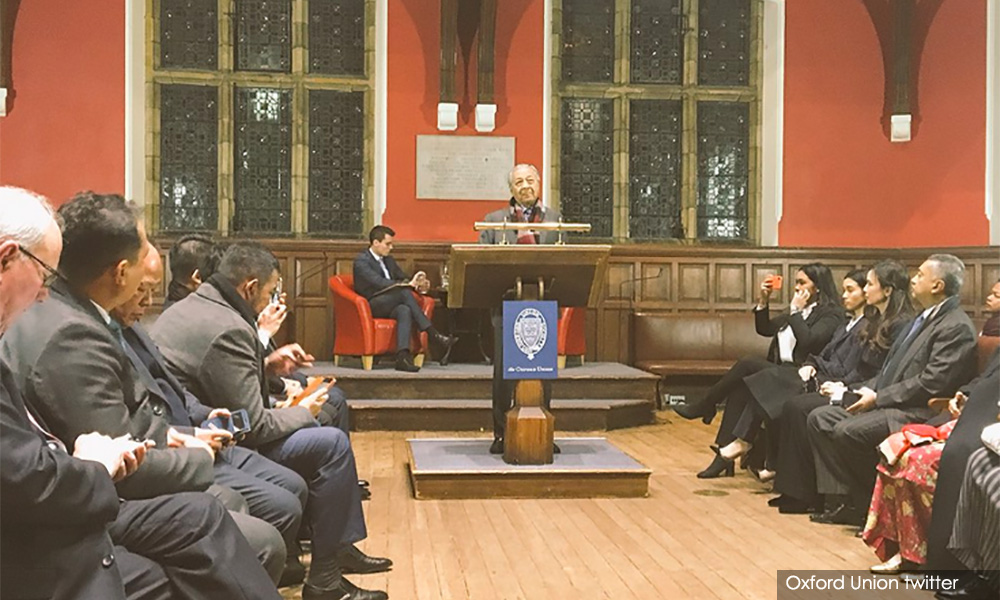
There was once a generous orchard owner who owned multiple mango trees. The trees had an abundance of fruits such that he shared with his neighbour, who had no land to grow them.
As decades passed, the neighbour improvised the mango to canned mango juice and made his fortune. Despite being more prosperous, the neighbour continued to exploit the orchard owner to live up to the deal, even though the trees do not bear as many mangoes now.
If the orchard owner is Malaysia, I am sure most of us could guess the rest of the metaphorical expressions in the story correctly.
In accordance to the Water Agreement 1962, Singapore may extract 250 million gallons of raw water per day from the Johor River, with a condition that two percent or 5 million gallons of treated water were supplied back daily.
Given that it costs Singapore RM 2.40 to treat 1,000 gallons of raw water, Singapore subsidised the raw water by RM 1.90 per 1,000 gallons, while Johor supports RM 0.50 per 1000 gallons.
Johor sells the treated water to its Johoreans at RM 3.95 per 1,000 gallons, enabling it to earn a profit of RM 3.45 per 1,000 gallons.
Analysing the figures through the current domestic water tariff rate and water treatment cost, the 5 million gallons a day deal allows Johor to make RM17,250 per day, while Singapore spends RM 9,550 daily.
The other side of the coin seems to be overshadowed by the presumably high figures. It is mind-blowing to learn that if Johor decides to keep its 250 million gallons of raw water, with the aforementioned treatment cost, the profit calculates to RM 380,000 per day.
On the other hand, with the purchase of raw water at a trifling RM 0.03 per 1000 gallons, the same treatment cost and current domestic water tariff rate by Public Utilities Board of Singapore, our neighbour makes a whopping RM 8,739,858 daily.
As we speak, through the Water Agreement, Malaysia loses RM 362,750 while Singapore gains RM 8.7 million daily. Is that a ‘fair’ agreement?
It is baffling to learn that raw water is not considered as a natural resource but, a commodity by Singapore. When Malaysia wanted to review the price in 1987 as it felt its natural resource was exploited, Singapore refused to cooperate.
On Jan 20, a Singaporean student in Oxford, Darrion Mohan was reported to have barraged Prime Minister Dr Mahathir with rhetorical questions on the prickly diplomatic relations between the two countries, especially on the water agreement.
Despite seen lethargic due to his tight travelling schedule, Mahathir did well to come out on top the moment Darrion conceded that the Water Agreement was unfair to Malaysia. The youth lost his moral ground for debate and from that point.
In the end, Mahathir maintained his professional stance as a statesperson with a valid case while the ‘audacious’ young man personified exactly what Singapore is often accused of being – egotistical, conceited, relentlessly logical on its stands, but simultaneously apathetic of those of others.
Mahathir was well aware that the Oxford Union was an inconsequential forum to settle bilateral disputes. There are right opportunities, right customs and right representatives to hold up Singapore’s position. This forum, method and Darrion, are none of these. -Mkini



No comments:
Post a Comment
Note: Only a member of this blog may post a comment.